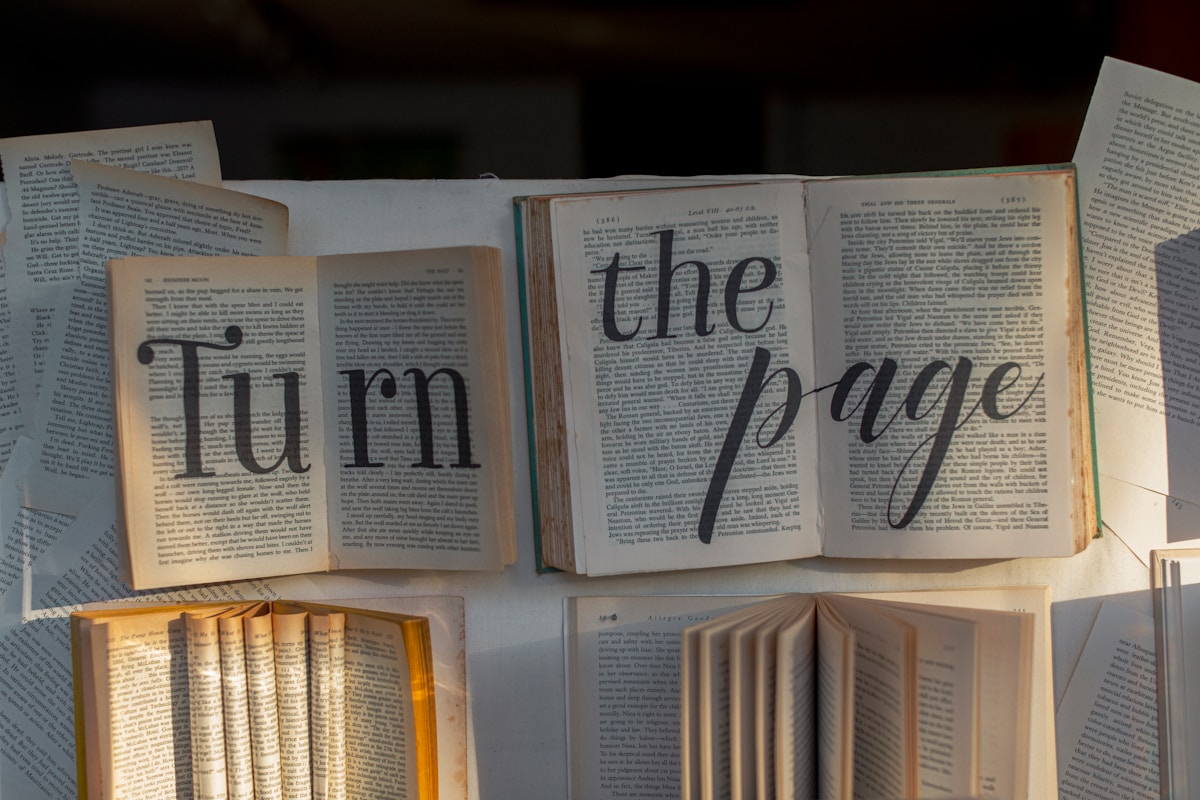After many years as a working writer, editor and writing coach, I’ve learned a lot about why and how writers struggle. Some common challenges are feeling stymied or blocked, reconciling artistic goals with the realities of the marketplace and grappling with structure. These are some of the big challenges and they splinter into some unique and idiosyncratic directions depending on the person and the project.
There are more platforms and opportunities than ever for writers to share their words. There’s even a name for this now (stick around long enough and everything gets a “______ economy” moniker at some point); in this case, it’s the creator economy. Nobody can stop talking about how “content is king.” Backspace. Queen. From tweets to treatises, there’s an outlet for everyone. Yet making a life (not to mention a living) as a writer still feels like an uphill climb for many talented and capable people.

With so many options and new sets of rules rolling out regularly, having some guiding principles at-the-ready is more important than ever. When I work with writers, I often find myself digging into the toolbelt of lessons I have been gifted along the way.
Here are a few:
Take Your Lessons Where You Find Them
Most of us don’t start as writers, we start as readers. If we’re lucky enough, we have had those moments when a book transported or even transformed us. It might even be the reason we write.
That moment when you could finally read My Father’s Dragon to yourself and stay up past your bedtime and get away with it. You remember that enthralling feeling. You can identify what that magic felt like to you and try to channel the elements that set your brain and heart aloft. Think of your touchstone books and writers and ask yourself what it was about those literary experiences that made you so hungry to keep reading. Practice at making that kind of word alchemy in your own work.

But what about learning from the klunkers? I once had a college professor who assigned us what I thought (and still think) was a thoroughly awful book in a medieval literature course (side note: some would say that medieval literature is an oxymoron and for what it’s worth, I disagree). But this book, ugh. It was some French high priest of something-or-other cataloging flora and fauna just to point out that divinity trumps nature, even though nature is cool too. I hated it! And so did my classmates. So much so, that we challenged the professor on his choice. Not to get too Socratic on you (though it fits the situation), but the dialogue went something like this:
Student: Why would waste a precious week of class on this mess of a book?
Professor: What about the book is a mess, as you call it?
Student: Ugh, it’s so boring. Endless details with no point or payoff. So heavy-handed and pedantic.
Professor: I see. So, tell me, what is it that you don’t like about that?
Student: I don’t want to read some musty old religious book that wastes pages and pages just to prove that God beats nature. You either believe that or you don’t, but it’s so obvious. It’s not going to transform anyone.
Professor: Oh, so you think writing must be transformative? And do you think the writer was trying to do that but failed?
Ok, so maybe the guy knew what he was doing.
All of this is to say that when you approach a piece of writing, before you get into the artful turns of phrase, character building and cascading structure, there are two fundamental questions that should comprise your True North.
1. What Are You Doing?
2. How Are You Doing It?
Many years of tutoring students in their literature classes helped me come up with these simple questions. Because there’s no such thing as an essay for an English class that doesn’t call for this framework. And while the students were analyzing Shakespeare, Atwood, Hurston, Fitzgerald and Faulkner, you should think about this too. Because you’re the writer.
What Are You Doing?
Some possibilities:
Are you…
telling the truth?
making an argument?
starting a conversation?
debunking a myth?
making up a story?
positing a new twist on a known theme?
describing a journey?
trying to sell something?
___________________ [insert your writerly purpose here].
You get the picture. Always start with your purpose and of course you may have more than one. That might sound simple, but it really does get writers unstuck.
How Are You Doing It?
Whether you’re scripting a TikTok, doing a blog entry, writing a memoir, screenplay or science textbook, once you know what you’re doing, the next step in charting your path is to figure out how you’re going to get there.
Will you use…
logic?
metaphors?
humor?
emotion?
drama?
morality?
snappy dialogue?
Will you adhere to the rules of your chosen genre or create a new one?

Think of it like this: if you’re writing a query letter to an agent, a logline or even just a summary of your work in an email to a trusted friend, you need some identifiers that go beyond the what and talk about the how.
Get these two building blocks set in your mind. And then get writing.
Rebecca Bloom is a writer, editor and writing coach, volunteer patient advocate for women and former attorney. She has worked with businesses and nonprofits large and small, strategizing content and tone and creating multi-channel messaging for diverse stakeholders. Rebecca has devised and led memoirs classes and workshops, helping writers get their stories told. She has also coached writers and speakers in other genres including historical fiction, pilots, screenplays, pitches, business communications, Ted Talks and more.
